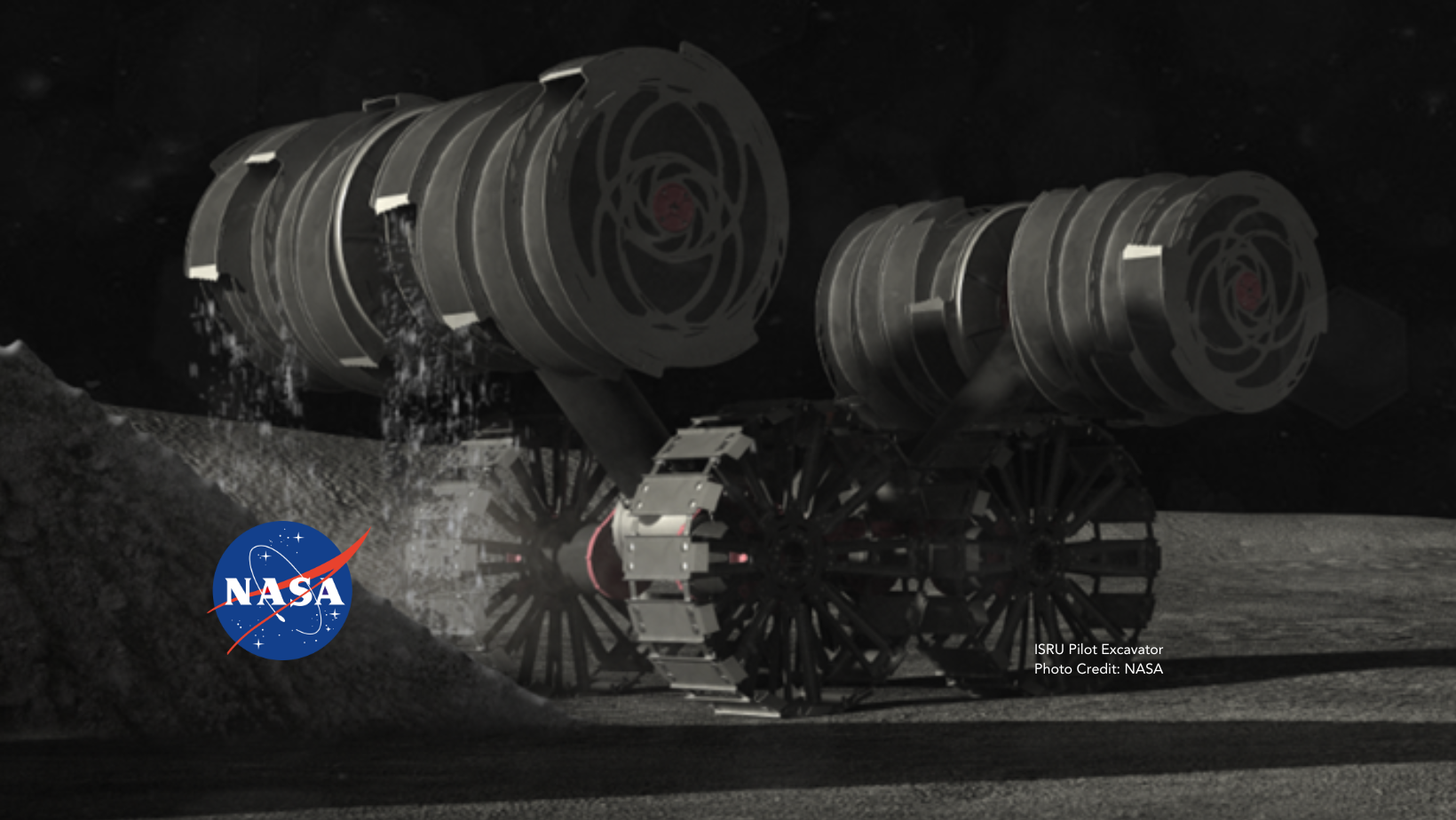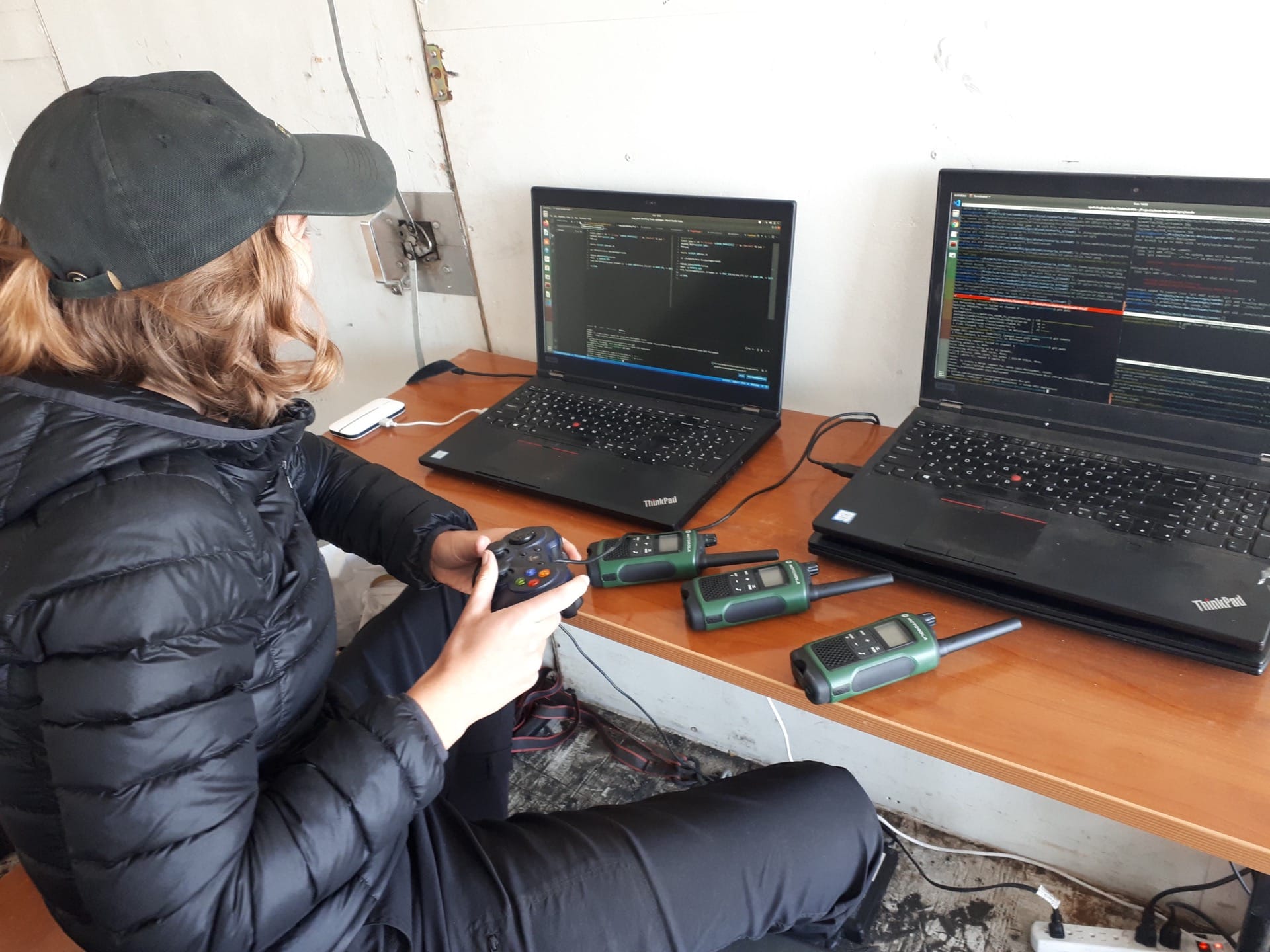Mission Control’s turnkey application, the Autonomous Soil Assessment System (ASAS), was used during the Semi-autonomous navigation for detrital environments (SAND-E) simulated Mars rover missions in Iceland in 2019 and 2021. The mission identified ways to increase the scientific return of the Perseverance rover in NASA’s Mars 2020 mission that will roam the surface of Mars for many years to come.
Mission Control was the industry partner to SAND-E, a project led by Texas A&M University and funded by NASA PSTAR to study Mars-like volcanic sand environments in Iceland in advance of NASA’s Mars 2020 rover mission to the red planet.
INCREASING SCIENTIFIC RETURNS
The outcomes of SAND-E help NASA prepare for scientific studies of areas on Mars that are geologically similar to the field sites in Iceland. The purpose was to determine if new exploration strategies, including increased rover autonomy, will benefit operations for Mars 2020 and future missions.
Mission Control’s ASAS application, which automates the evaluation of terrain ahead of a rover, was used to determine ways to increase the scientific return of NASA’s Mars 2020 mission. The analogue missions included a drone working in collaboration with the rover to replicate scenarios anticipated for the Mars 2020 rover and helicopter.
The Mission Control Software platform enabled real-time transmission of data from the rover in the field to the operations centers on-site.
This allowed us to seamlessly package the data from the rover and provide it to the science operations team in simulated Mars operations cycles.
EXPERT TEAM
Semi-autonomous navigation for detrital environments (SAND-E) comprised an expert team led by Dr. Ryan Ewing, Professor in Texas A&M University’s Department of Geology and Geophysics. The team included researchers from NASA Johnson Space Center, Purdue University, Harvard University, Massachusetts Institute of Technology, Southwest Research Institute, and Reykjavik University. The project was funded by NASA’s Planetary Science and Technology Through Analog Research (PSTAR) program.
EDUCATION AND OUTREACH
Mission Control also led education and outreach for the project, including providing the Mission Control Academy experiential learning program to students in Houston and Ottawa.








